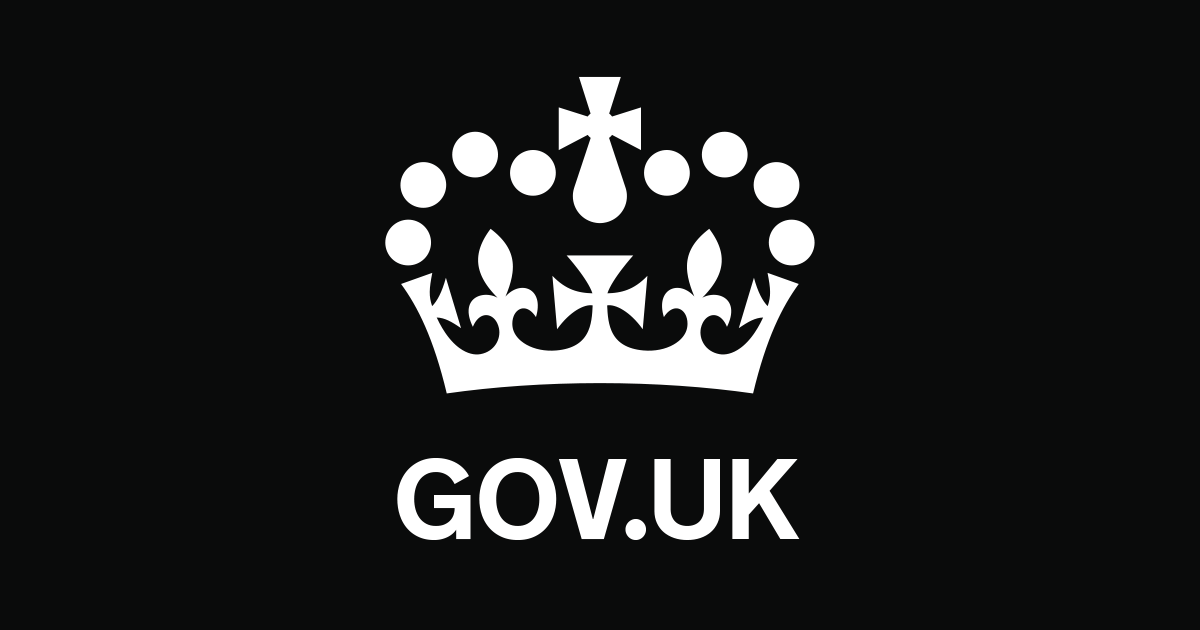
The Foreign, Commonwealth & Development Office (FCDO) advise against all but essential travel to:
- The Chittagong Hill Tracts. This does not include the city of Chittagong or other parts of Chittagong Division. See Chittagong Hill Tracts
The FCDO advises against all but essential travel to:
- the remainder of Bangladesh based on the current assessment of COVID-19 risks
Travel to Bangladesh is subject to entry restrictions
- On arrival, all foreign nationals need to produce a medical certificate issued within 72 hours of travel indicating the passenger is COVID-19 negative
- Those arriving from the UK are required to complete 14 days of quarantine at a government facility or government approved hotel. From 16 January arrivals will be required to undertake a test after four days. Those testing negative for COVID-19 will be allowed to complete the remainder of the 14 day period through ‘home quarantine’. Those testing positive for COVID-19 will be transferred to a designated government hospital where their remaining quarantine period will be assessed. People staying in a government approved hotel, government facility or hospital will need to cover the costs of those stays
- For those arriving from locations other than the UK, health officials at the point of entry to Bangladesh will assess whether you are able to self-quarantine for 14 days or need to be taken to a government facility or government approved hotel
See Entry requirements for more information before you plan to travel.
Preparing for your return journey to the UK
If you’re returning to the UK from overseas, you will need to:
Check our advice on foreign travel during the coronavirus (COVID-19) pandemic and sign up for email alerts for this travel advice.
If you’re planning travel to Bangladesh, find out what you need to know about coronavirus there in the Coronavirus section.
During the COVID-19 pandemic, it is more important than ever to get travel insurance and check it provides sufficient cover. See the FCDO’s guidance on foreign travel insurance.
Up to 150,000 British nationals visit Bangladesh every year. Most visits are trouble free.
Terrorists are very likely to try to carry out attacks in Bangladesh. The threat extends across the country. There have been several IED attacks targeting police and security forces in Dhaka, Khulna, Chittagong and Sylhet. There is a risk that future attacks could target public gatherings, including religious gatherings and political rallies, crowded areas, places with a police or security presence and locations where foreign nationals are known to gather. You should minimise your exposure to these areas, consider your movements carefully and follow any specific advice of the local authorities. See Terrorism
Political rallies with the potential for disorder or clashes between groups and with law enforcement agencies may take place. Across Bangladesh you’re advised to avoid large gatherings, including those for religious gatherings, festivals and political rallies. See Political violence
Severe air pollution is a major hazard to public health, especially during the winter months. Dhaka is currently experiencing extremely high levels of pollution. See Air pollution
Travel in Bangladesh during the monsoon season (June to September) can be hazardous. See Monsoon season
Tropical cyclones and flooding can affect parts of the country. You should monitor the Bangladesh Meteorological Department for updates, and follow the advice of local authorities. See Tropical cyclones
Bangladesh lies in a zone of seismic activity. See Earthquakes
Mosquito-borne diseases like dengue fever occur all year round. There’s been a significant increase in the number of cases of dengue fever across Bangladesh, including in Dhaka. You should take steps to avoid being bitten by mosquitoes. See Health
UK health authorities have classified Bangladesh as having a risk of Zika virus transmission. For information and advice about the risks associated with Zika virus, visit the National Travel Health Network and Centre website.
If you’re abroad and you need emergency help from the UK government, contact the nearest British embassy, consulate or high commission. Consular support is limited in parts of Bangladesh where we advise against all but essential travel.
The Overseas Business Risk service offers information and advice for British companies operating overseas on how to manage political, economic, and business security-related risks.